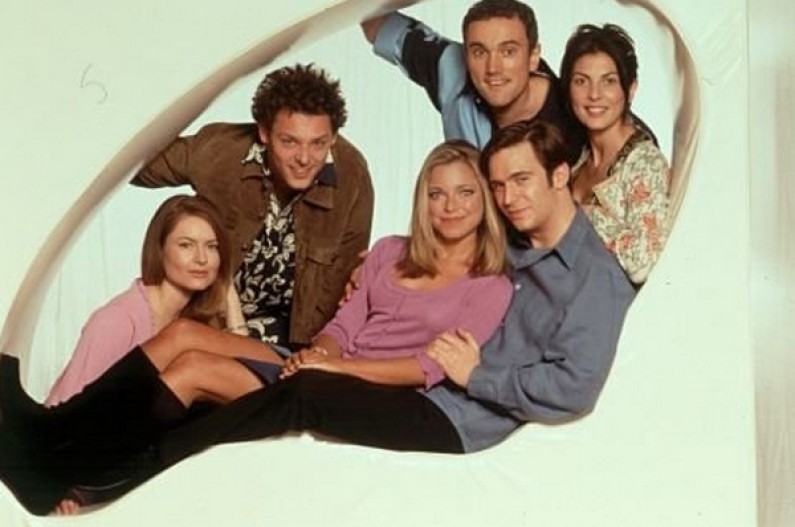

British comedy has long been a source of particular amusement and, more often, bemusement to American audiences. It all began, it seems, with the pivotal career of Charlie Chaplin and his tragi-comic clown, his slapstick, and his extraordinary influence on the early film industry. Then, there was Stan Laurel, of Laurel and Hardy fame, Cary Grant (born with, in hindsight, the hilarious name of Archibald Leach), Peter Sellers, John Cleese, and the Monty Python gang. Of course, there was also the comedic talents of Rowan Atkinson, Sacha Baron Cohen, and latter-day stars, such as Ricky Gervais, as well as the collaboration between Simon Pegg and Nick Frost.
The roots of comedy as we know it today, lie in the burlesque on both sides of the Atlantic dating from the late 19th century for music halls in Britain to vaudeville in America. The growth of early cinema dealt a death-blow to both. Nonetheless, several burlesque stars, particularly Chaplin, successfully transferred their talents to the big screen, thus providing a legacy of comedic material and traditions that exists to this day. Refined now, of course, with the advent of television, it continues to evolve via digital and social media.
Therefore, why is there a cultural divide between American and British humor? There’s a perceived wisdom in the U.K. that Americans don’t get irony and don’t understand satire. This is not true, of course, just think “Lenny Bruce.” However, they certainly do not use it anywhere near the same extent as the British. It is part of daily social exchange, often merciless, sometimes plain cruel, and is applied in equal measure to others as to oneself, as self-deprecation is, socially, a badge of honor. What may appear nasty can, in its perverse way, be a show of affection. Americans prefer a certain kindness and likeability. They applaud niceness and cringe at harshness.
Yet, British humor not only survives, but currently seems to be thriving in the U.S. In fact, television has been a huge influence, with the transposing of British sitcoms for American audiences. The most notable of these is the difference between the U.S. and U.K. versions of the show, The Office. One had a dark, mean, insincere, offensive, cringe-making loser of a protagonist, while the other was a childish insecure bore. However, both versions were hilarious and worked on both sides of the Atlantic.
The same mentality can be applied to Sacha Baron Cohen—you either hate him or love his shock value. Moreover, it is in that discomfort that lies his genius, intellectual factor, and prompts the audience not only off their seats, but crawling on the floor.
A more recent, gentler, but brutally honest and very funny British star has appeared. Rather, two British stars–actor, comedian, and filmmaker Simon Pegg, and his oft-times co-star and writer, Nick Frost. Best known for Shaun of the Dead, Run, Fat Boy, Hot Fuzz, and the beyond funny Paul, which he brings his peculiar comic genius into a full-blown American context, Pegg mixes sci-fi with pure satire, and yes, there’s niceness and a happy ending. How un-British. To view Pegg’s canon of work, his films can be accessed via Amazon Instant Video and Hulu. Be prepared for high entertainment and involuntary, rapidly repeated guffaws.
Blog By Gillian Moore


